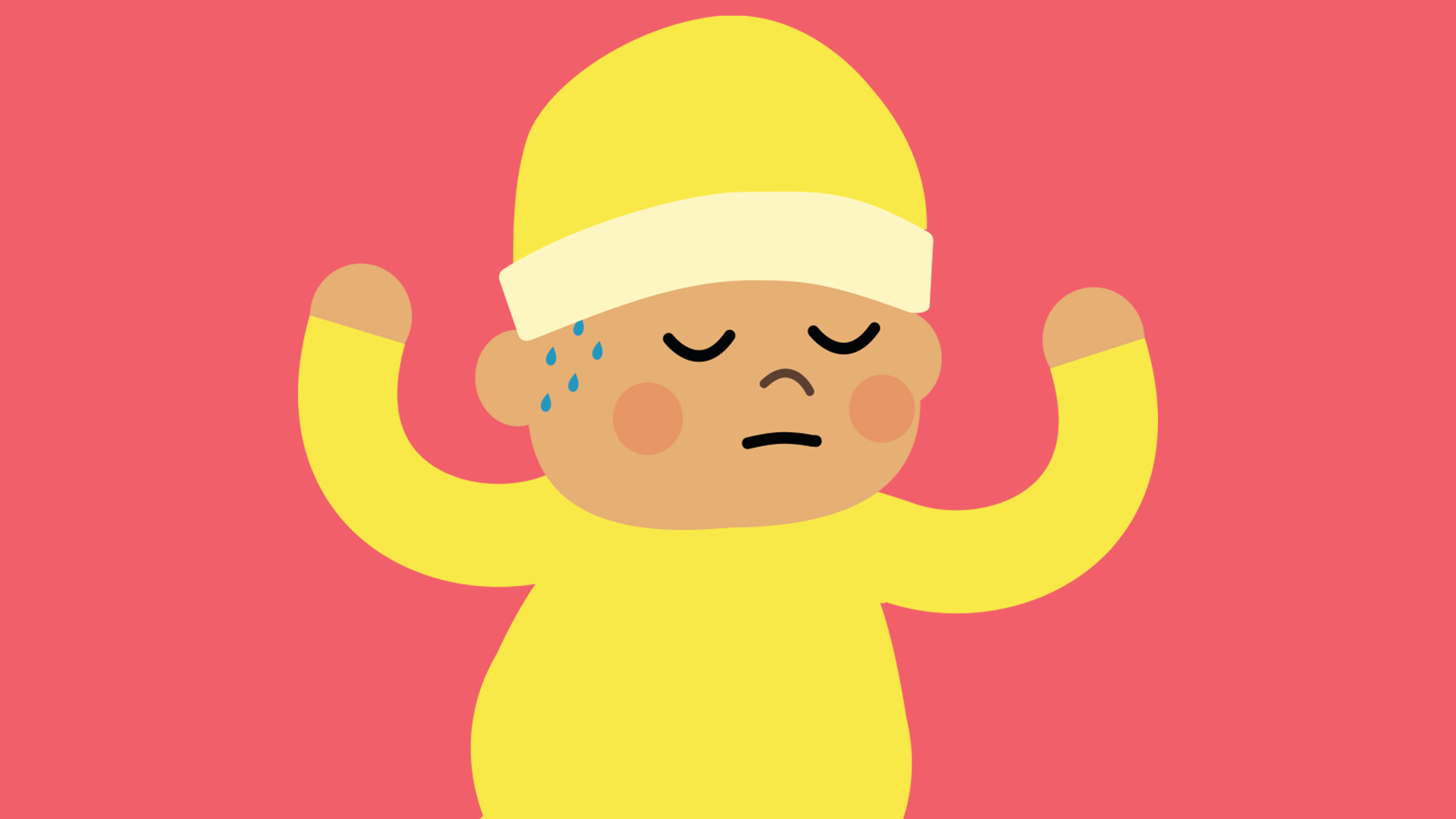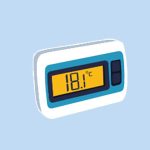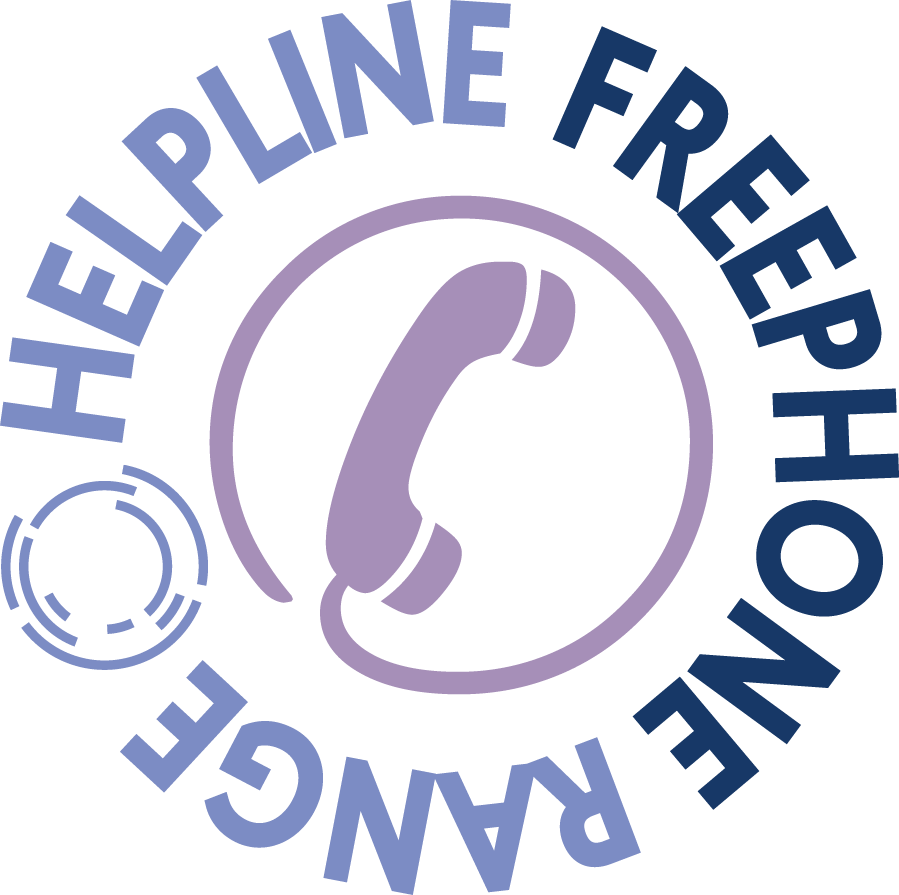
What is the ideal room temperature for babies?
The recommended room temperature for babies is 16-20°C.
It is important to make sure that your baby is a comfortable temperature – not too hot or too cold. The chance of sudden infant death syndrome (SIDS) is higher in babies who get too hot.
A room temperature of 16-20°C – with light bedding or a lightweight, well-fitting baby sleep bag– is comfortable and safe for sleeping babies.
Use a room thermometer
It can be difficult to judge the temperature in the room, so use a room thermometer in the rooms where your baby sleeps.
A simple room thermometer is available to buy from our online shop.
How to check if your baby is too hot or too cold
Every baby is different and our advice on the ideal room temperature for babies is intended as a guide only. You will still need to check your baby regularly to see if they are too hot. To do this, feel your baby’s chest or the back of their neck (your baby’s hands and feet will usually be cooler, which is normal). If your baby’s skin is hot or sweaty, remove one or more layers of bedclothes or bedding.
Our advice on bedclothes and bedding
To avoid over heating, babies do not need to wear hats indoors, nor sleep under a duvet or quilt.
The benefit of sharing a room with your baby
To reduce the risk of SIDS, it is strongly recommended that your baby sleeps in the same room as you, day and night, for at least the first six months. One of the reasons for this is that it helps you to judge the temperature they will be sleeping at.
Room temperature for babies: FAQs
I’m worried about my baby overheating in warm weather. What can I do?
Click here to open this question
We appreciate how difficult it can be to keep a room at 16-20⁰C (the ideal room temperature for a baby) in the warmer months, knowing that overheating can pose a risk. If the room where the baby sleeps is difficult to cool, follow the ‘summer rules’ of lighter bedding and clothing and open the bedroom door and a window, if it is safe to do so.
You might also like to use a fan to cool the room, but don’t aim it directly on the baby.
When the weather is hot it is important to make sure that your baby has plenty of fluids. Fully breastfed babies don’t need any extra water until they start eating solid food but during hot weather they may want to breastfeed more than usual. If you’re bottle feeding, as well as their usual milk feeds, you can give your baby a little cooled boiled water.
In the winter, my home is below the recommended room temperature for babies. Should I keep the heating on all night?
Click here to open this question
It is rarely necessary to keep your heating on all night, and adding an extra layer will usually help if you can’t get the room to the recommended room temperature for babies.
Remember not to put a hat on your baby when they are indoors, as babies maintain their body temperature by releasing heat through their head.
If you do feel your home is too cold and you want to leave the heating on all night, make sure it is set at a low temperature, and certainly no higher than 20⁰C.
What should I do if my baby has a high temperature?
Click here to open this question
When babies feel unwell, with a cold or high temperature (fever), they may be warmer than usual. Your baby should be dressed appropriately for their environment, it is important not to feel tempted to wrap an unwell baby up more than usual.
If your baby has a fever or you are worried about your baby you should call your GP or 111. If your baby shows signs of being significantly unwell always seek medical advice. Please visit the NHS for more information: High temperature (fever) in children – NHS (www.nhs.uk)
You may also find it helpful to use our Baby Check app to monitor your baby’s symptoms.


